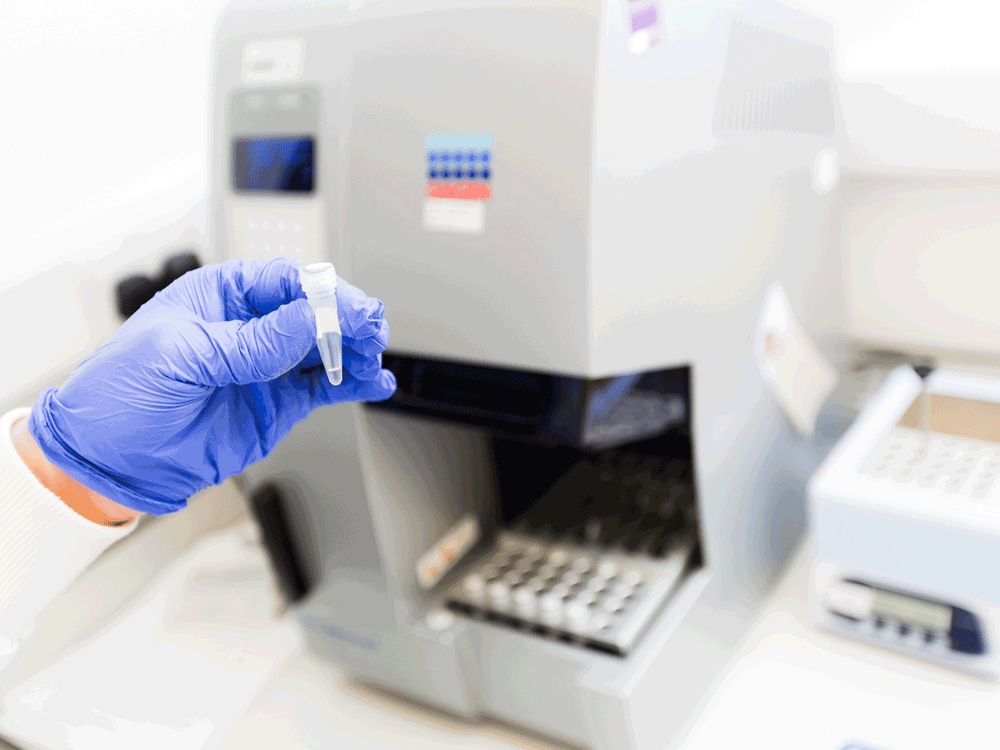The charity will begin receiving grant applications from 19th September, to coincide with World Mitochondrial Disease Awareness Week (18th-24th September).
The Lily Foundation provides grants to UK-based researchers as part of its commitment to improving the lives of people affected by mitochondrial disease. Clinical and preclinical studies are considered, provided they can realistically be expected to reduce mitochondrial disease symptoms, improve quality of life or lengthen the lifespan of patients with mitochondrial disease.
The Lily Foundation invests a minimum of £200,000 a year into mitochondrial disease research. To date the charity has invested a total of £2.8 million, making it Europe's largest charitable funder of new mitochondrial science.
The charity is hugely respected by the mitochondrial research community both in the UK and globally. A non-commercial partner of The National Institute for Health Research, it works closely with clinical and research teams across the NHS Rare Mitochondrial Disorders Service to improve the lives of patients and their families.
Applications for Lily Foundation research grants are evaluated by an international expert peer review panel, to strict criteria including potential patient benefit, scientific merit, quality of research and feasibility of outcome.
Alison Maguire, Head of Research at The Lily Foundation, commented: "Currently there is still no cure or treatment for mitochondrial diseases, which is an unacceptable situation when you consider that one baby born every day is affected. The only way we’re going to change this is by funding research.
"It's always encouraging to receive new grant applications and get an insight into the latest science. Mitochondrial medicine is a fast-growing area of research, which is unsurprising given our growing understanding of the vital role of mitochondria in human health."
The Lily Foundation currently funds 19 different scientific studies into mitochondrial diseases. Some seek to reduce debilitating symptoms of mitochondrial disease such as muscle weakness, epilepsy, hearing loss, balance problems and gut issues, while others focus on ways to restore damaged mitochondria or promote production of healthy mitochondria in the body.
"This is the sort of pioneering, high-quality research that could eventually lead to effective treatments or even a cure," continued Alison. "It's an incredibly exciting time to be involved in mitochondrial science, and funding vital research that brings hope to thousands of patients and their families."

